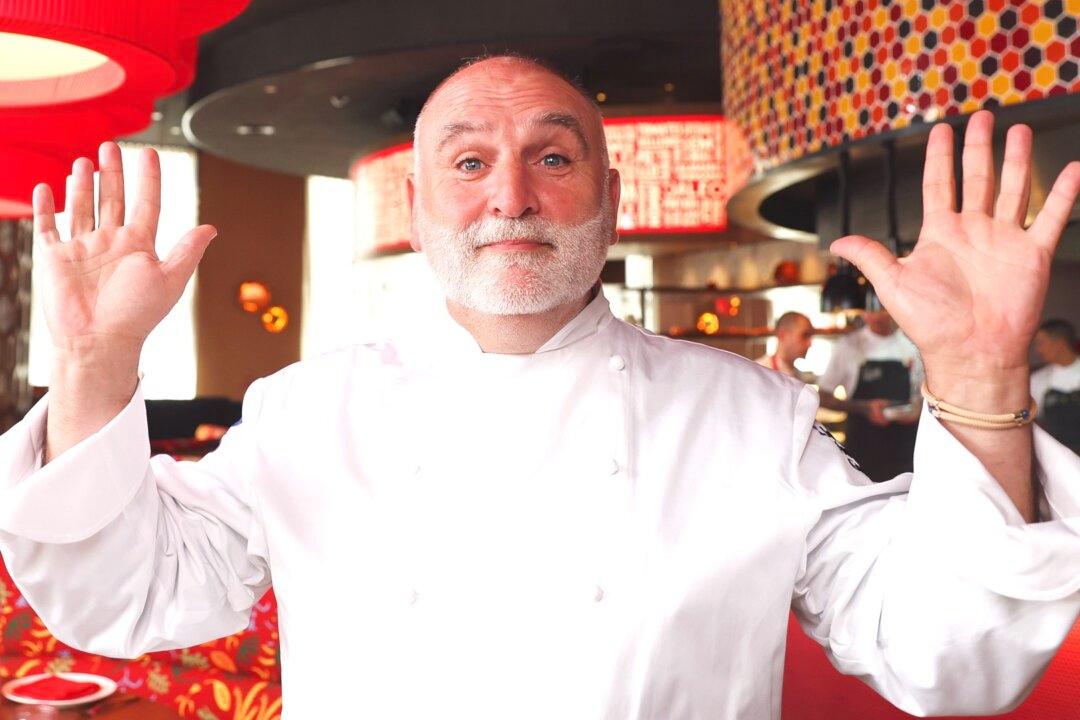A California city’s ban on natural gas stoves will not be applied to the restaurant renowned chef and restaurateur José Andrés is slated to open, officials revealed Tuesday, describing the situation as “unique” and a “one-off.”
In a statement on Tuesday, the City of Palo Alto said a settlement was reached with Simon Property Group (SPG)—the operator that owns the shopping mall where Andrés’s restaurant is anticipated to be located—after the group threatened legal action if the restaurant, dubbed Zaytinya, would be prohibited to use gas stove hook-ups.





